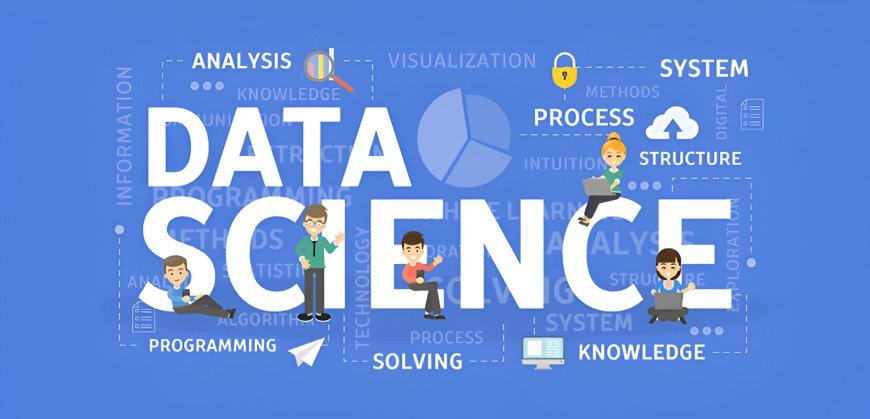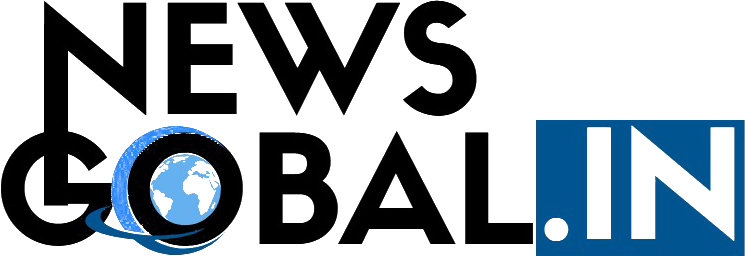Planning a Career Switch in 2025? Start with Data Science
What’s the one skill that could recession-proof your career, boost your salary, and make you irreplaceable in 2025? It’s data science

There’s a quiet shift happening in offices, boardrooms, and Zoom calls across the world. That mid-level manager who was once praised for intuition? He’s being asked for insights backed by numbers. The designer who always nailed visuals? Now expected to A/B test with real-time user data. The consultant who delivered with charm? She’s now being nudged to back strategies with models and metrics.
The truth is simple: In 2025, if you can’t speak the language of data, you're sitting on the sidelines while decisions get made.
You Don’t Need to Become a Data Scientist. But You Need to Think Like One.
Data science is no longer locked inside labs or with coders in hoodies.
It’s now in the hands of:
- Product managers testing customer behavior
- Marketers optimizing campaigns with real-time dashboards
- Finance teams building predictive cash flow models
- HR leaders using attrition analytics to shape culture
The tools? Python, SQL, Tableau, Pandas.
The goal? Better, faster, smarter decisions.
Data-Driven Roles Are in High Demand
Because the market is hungry for people who can think in data. Not just number crunchers, but problem solvers. India’s top IT firms are hiring fewer generalists, and more specialists who can deliver measurable impact.

Globally, demand for analytical roles is growing 35%+ this decade. That’s no blip. That’s a new baseline.
Key Skills You Need to Succeed in Data Roles
Technical
- Python, R, SQL
- Power BI, Tableau
- Scikit-Learn, TensorFlow
- Spark, Hadoop, Kafka
Human
- Knowing which question to ask
- Explaining insights to non-tech teams
- Spotting bias in models
- Saying “no” when the data tells you to
You don’t need all of them at once. But you do need to begin.
So, Where Do You Start Without Getting Overwhelmed?
Think of it like learning a new instrument. Not to perform in concerts, but to jam confidently with the band.
Here’s the step-by-step score:
Pick your lane: Want to forecast trends? Start with Python. Want to visualize insights? Try Power BI. Want to build models? Learn regression and clustering.
Take one real course: Skip the endless videos. Choose one solid course from platforms like Coursera, IIT Delhi, or UpGrad. Commit to it and apply every concept you learn.
Build something. Anything.: A project is worth more than a stack of certificates. Build a dashboard. Create a churn model. Share it on GitHub or LinkedIn.
Learn to tell stories with data: The best analysts aren’t the most technical. They’re the clearest communicators. If your grandmother can understand your chart, you've nailed it.
Real Value of Learning Data Skills
This isn’t about a fatter paycheck (though that often comes too). It’s about becoming the person in the room who doesn’t just wonder what happened, but knows why. It’s about shaping ideas, not chasing them.

Data skills open doors across roles, industries, borders. They keep you relevant in a world moving too fast to guess.
Future-Proof Your Career with Data Skills
And in 2025, upskilling in data science isn’t an option. It’s insurance. It protects your career, grows your value, and sharpens your instincts. No matter where you’re starting from, whether your mid-career, switching fields, or aiming to lead, this is one skillset that keeps paying forward.
So, here’s your challenge:
Before this year ends, learn one tool. Build one model. Ask one better question. Because those who speak data won’t just survive the next wave. They’ll ride it.
FAQs
I’m not from a tech background. Can I still learn data science?
Yes. Many professionals from fields like finance, marketing, HR, and even journalism are successfully transitioning into data science. Start with beginner-friendly tools like Excel, Power BI, or Python, and build gradually.
Do I need a full-time degree to become a data science professional?
No. You can build a strong portfolio through short-term certifications, online courses, and real-world projects. Recruiters today value demonstrable skills over just degrees.
How long does it take to gain job-ready data science skills?
If you're consistent, 4–6 months of focused learning (5–8 hours a week) can get you job-ready. Building real projects and practicing regularly speeds up your progress.
What’s the career scope of data science in 2025?
The scope is expanding rapidly. Roles include Data Analyst, Data Engineer, Business Intelligence Developer, Machine Learning Engineer, and domain-specific specialists in marketing, HR, healthcare, and logistics.
I don’t enjoy coding. Is data science still for me?
Yes. Data science includes non-coding roles focused on visualization, storytelling, business analysis, and model interpretation. Tools like Power BI and Excel also play a big role.

 Admin
Admin